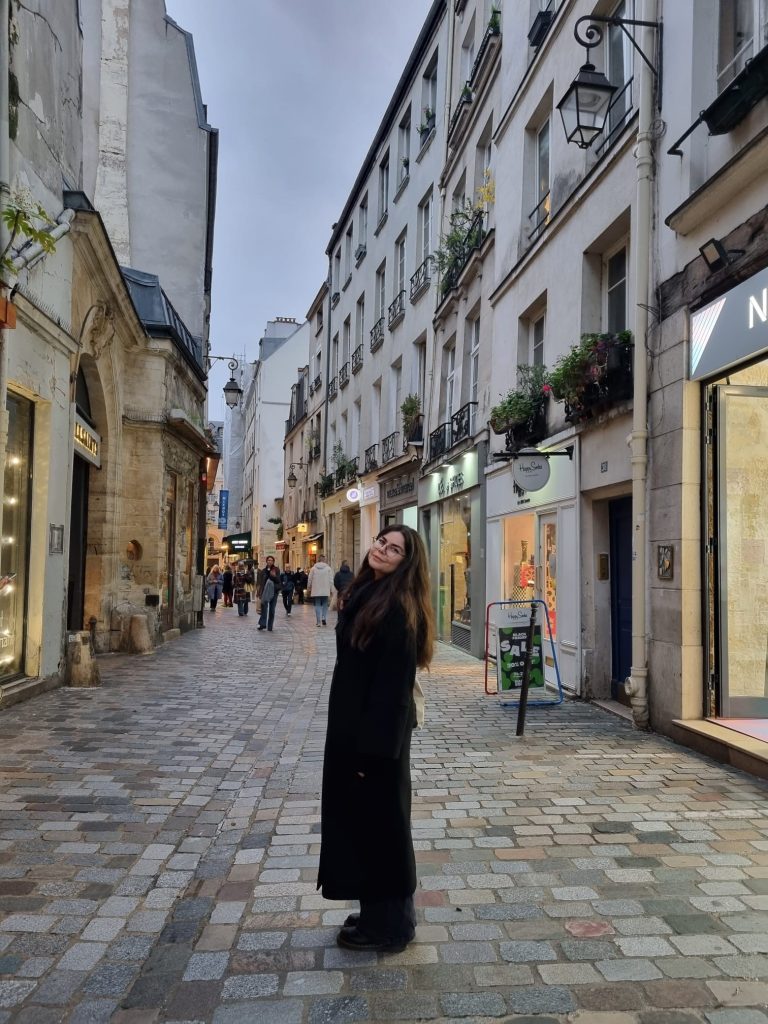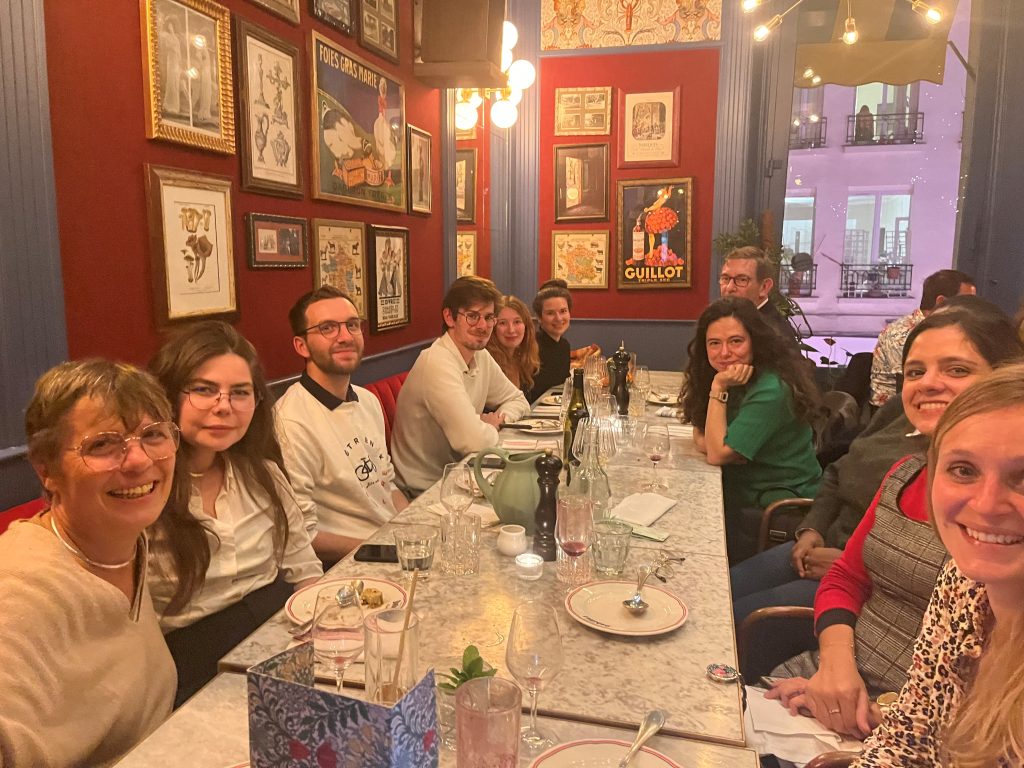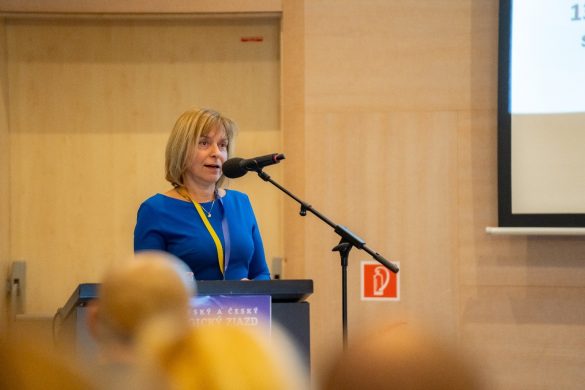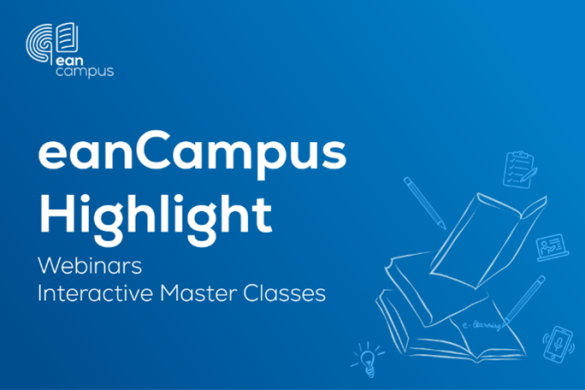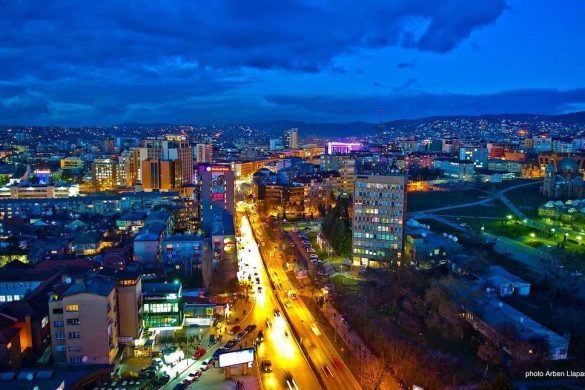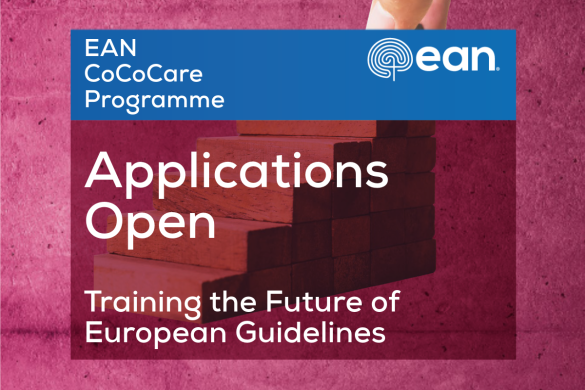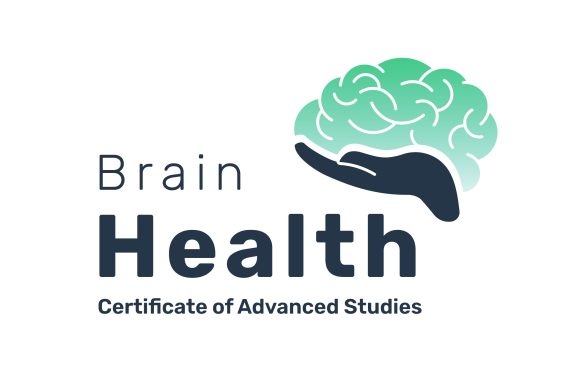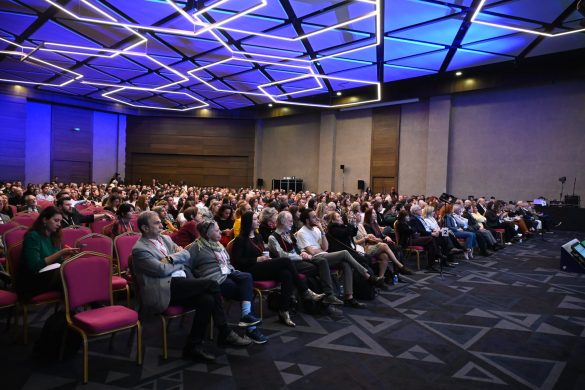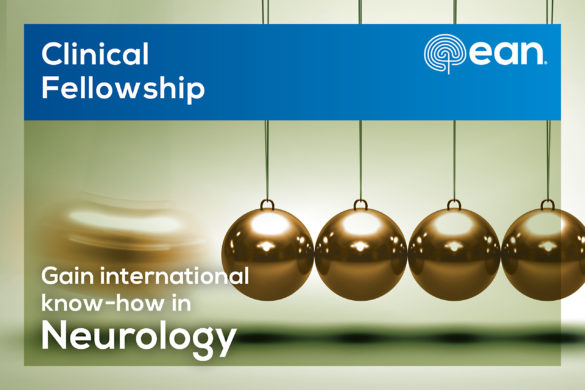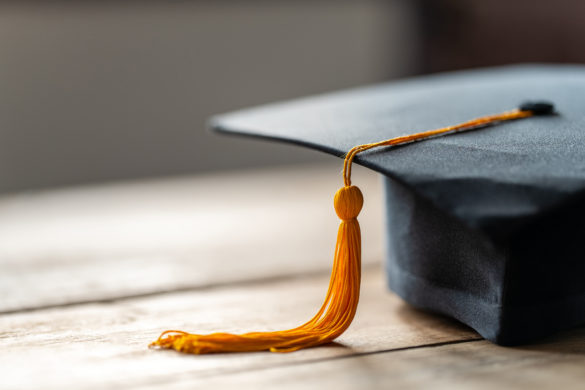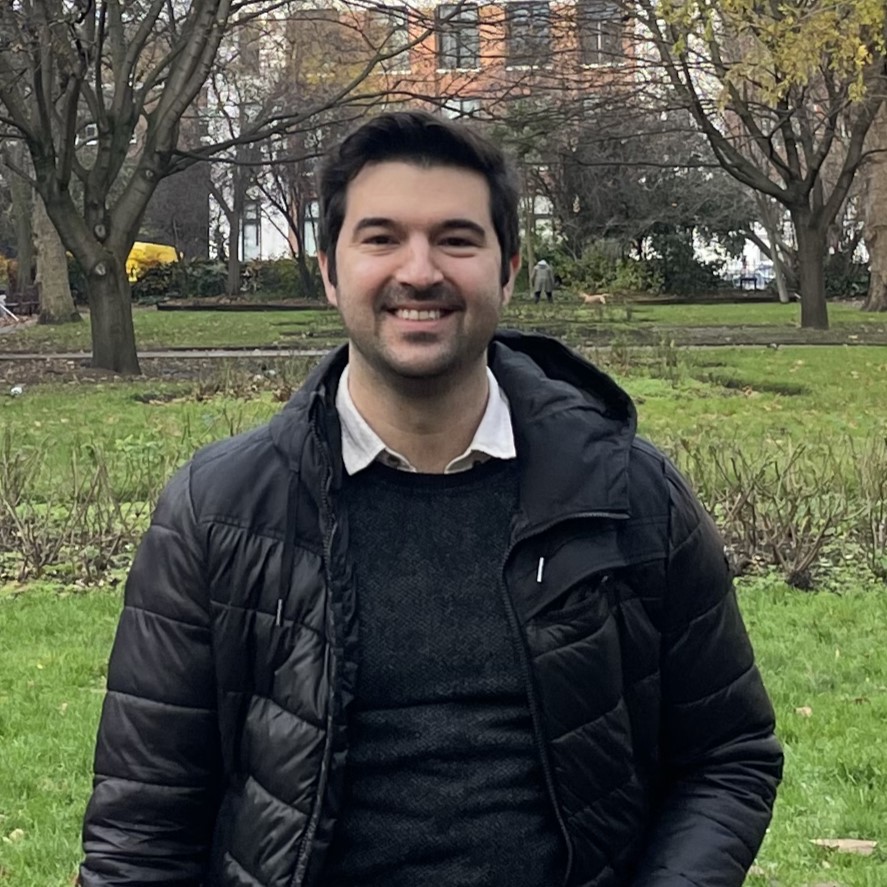
Arman Cakar, Istanbul, Turkey
Hosting department: Department of Neuromuscular Diseases, Institute of Neurology, University College London
Supervisor: Prof. Henry Houlden
…
I am thrilled to share my report on my EAN Research Training Fellowship period at the Department of Neuromuscular Diseases Institute of Neurology, University College London (UCL IoN), widely known as UCL Queen Square. I extend my heartfelt gratitude to the European Academy of Neurology for this invaluable opportunity that allowed me to improve my research skills as well as clinical knowledge regarding rare neuromuscular and neurogenetic disorders. I am particularly thankful to Prof. Henry Houlden for his hospitality, unwavering support, and for making me feel like a part of his esteemed team.
My research project was focused on the genetic background of distal hereditary motor neuropathy (dHMN) in Turkey. Therefore, I primarily spent my time in the neurogenetics lab of Prof. Henry Houlden, where I learned to perform genetic techniques such as DNA extraction from whole blood samples, Sanger sequencing, and analysis of exome sequencing data. I recruited over 25 families who were followed at the Neuromuscular Unit of Istanbul University, Istanbul Faculty of Medicine, with dHMN. Phenotype characterisation was done before the fellowship period. Exome sequencing was performed, followed by Sanger sequencing for confirmation in probands and family members, when necessary. This revealed several genetic defects in known genes as well as a few promising candidate genes. During my fellowship, I managed to publish one first-authored paper regarding the rare causes of motor neuropathy/neuronopathies (https://doi.org/10.1093/braincomms/fcae003) and contributed several other papers which are either in press or submitted to high-impact journals. I am planning to continue recruiting more families with dHMN and other hereditary neuropathies to build a larger cohort. Furthermore, I am committed to recruiting more families with dHMN and other hereditary neuropathies to build a larger cohort. Moreover, I am eager to employ state-of-the-art genetic tests to solve the genetic mysteries of undiagnosed families with dHMN.
During the fellowship period, I regularly attended neurogenetics clinics at Queen Square led by Prof. Nick Wood and Prof. Henry Houlden. Furthermore, I had a chance to attend neuropathy clinics, MDT meetings, neuromuscular pathology meetings, and journal clubs led by Prof. Mary Reilly, a leader in the field, and saw many patients with rare neurogenetic disorders and neuropathies, which markedly enhanced my clinical skills. UCL Queen Square IoN also hosts regular teaching sessions, including the traditional Gowers ground rounds, which I attended regularly and found immensely enriching.
Meeting Prof. Henry Houlden’s team and all visiting clinicians and researchers from around the world was an invaluable experience that significantly contributed to expanding my research network. The Department of Neuromuscular Disease IoN UCL team is friendly, and the research environment is inspiring.
Overall, my EAN fellowship at Queen Square was fantastic, and left an indelible mark on my future career. I fulfilled my short-term goals, gained clinical and hands-on laboratory experience, learned new techniques, and expanded my research network. I am eager to continue working closely with Prof. Houlden’s team and to contribute to the advancement of our understanding of neuromuscular and neurogenetic disorders.
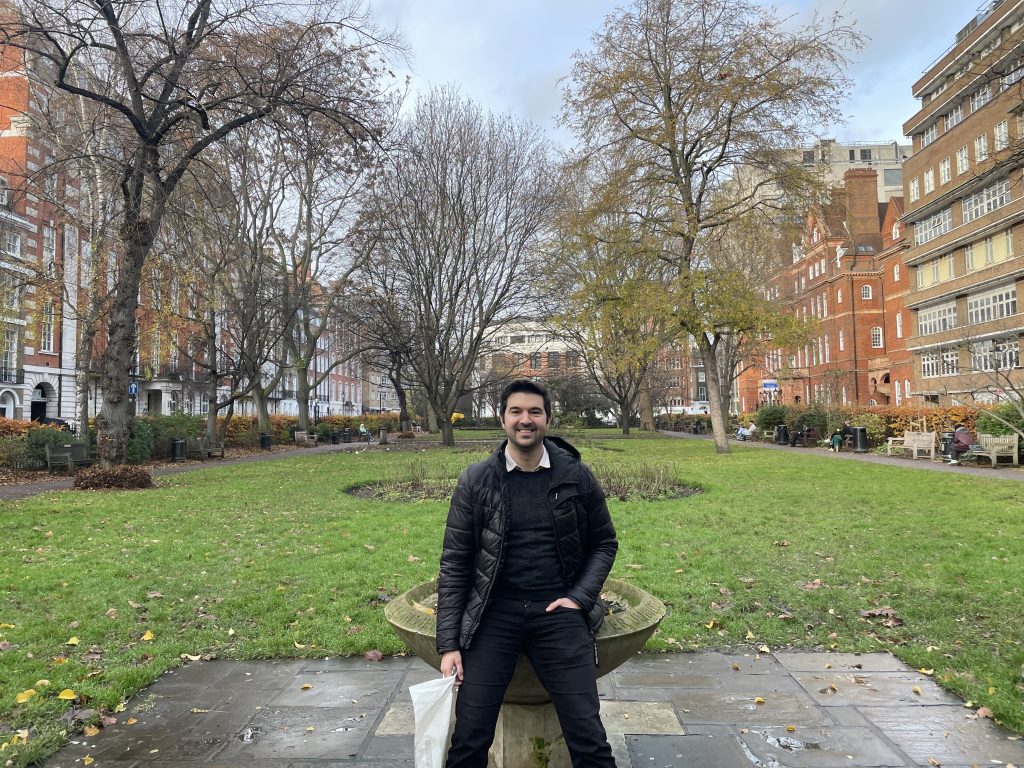
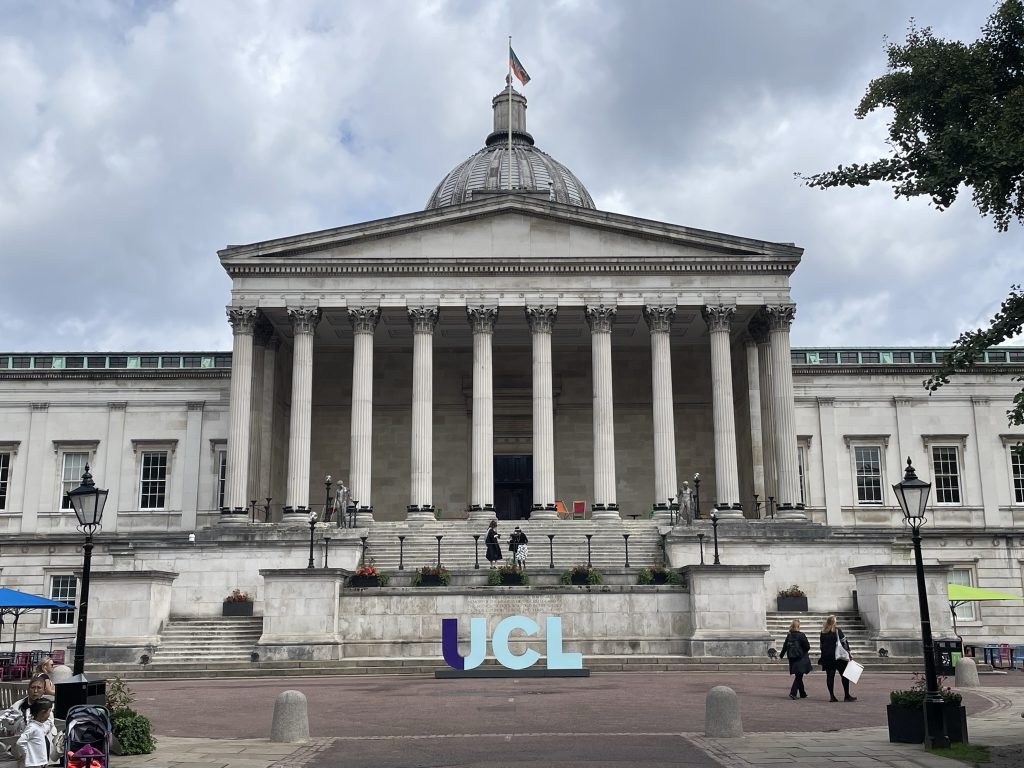
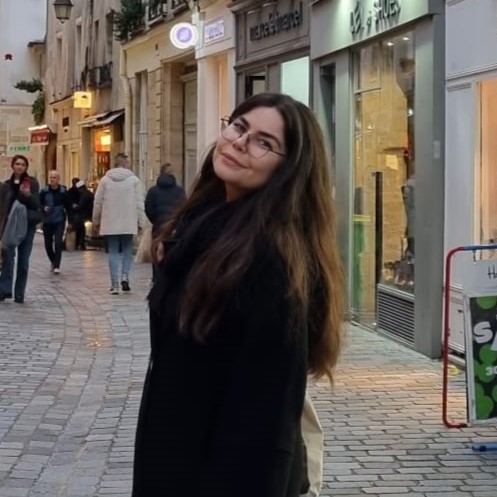
Cansu Elmas, Istanbul, Turkey
Hosting departments: Division of Neuropathology and Neurochemistry, Medical University of Vienna, Austria, and Centre de Recherche en Myologie, UPMC Sorbonne Université, INSERM, Paris, France
…
I extend my deepest gratitude to the European Academy of Neurology for granting me the exceptional opportunity of a 12-month EAN Research Training Fellowship at the Division of Neuropathology and Neurochemistry, Medical University of Vienna, Austria, and at the Centre de Recherche en Myologie, UPMC Sorbonne Université, INSERM, Paris, France.
I am foremost sincerely thankful to Inga Koneczny for her invaluable supervision and insightful guidance throughout my fellowship. Her expertise not only as a scientist but also as a role model has been truly inspiring.
The focus of my project was on neurological IgG4 diseases, involving the analysis of IgG subclass profiles in patient sera and the characterisation of brain tissue resident immune cells. I am grateful for the opportunity to actively participate in the lab and receive training in various methods, including cell culture, cell-based assays, flow cytometry, immunohistochemistry, and immunofluorescence. I truly appreciated the supportive and interactive environment of the lab fostered by Romana Höftberger, whose co-supervision greatly contributed to the success of our project.
Collaborating with Rozen Le Panse and her team was another highlight of my fellowship experience. I am sincerely appreciative of their exceptional hospitality and the crucial insights gained during my time in their lab.
I believe the opportunity to work with multiple teams and be trained in state-of-the-art methods, such as Imaging Mass Cytometry, immensely impacted my career as a neurologist and a researcher. Beyond the scientific work, I am grateful for the chance to explore two of Europe’s most beautiful cities, Vienna and Paris, and meet amazing colleagues who I consider dear friends.
In conclusion, I wholeheartedly encourage aspiring neurologists to apply for the EAN Research Training Fellowship, where they can embark on an enriching journey of scientific exploration, professional growth, and cultural enrichment.
